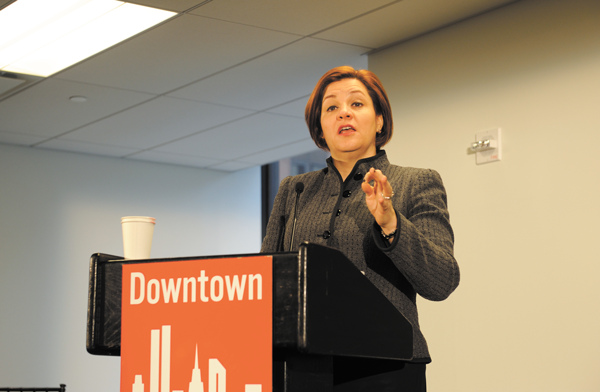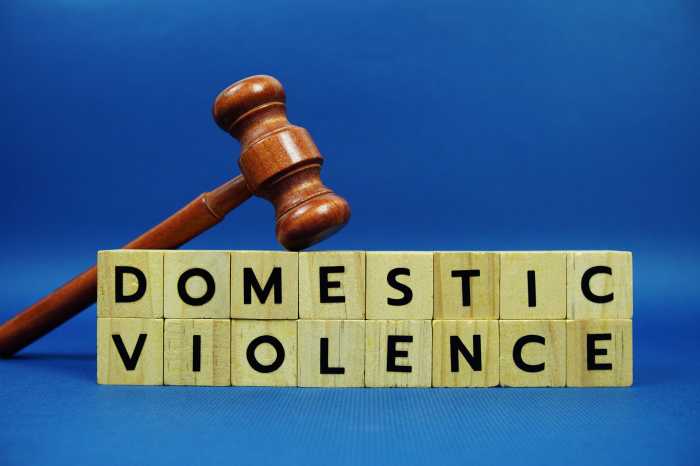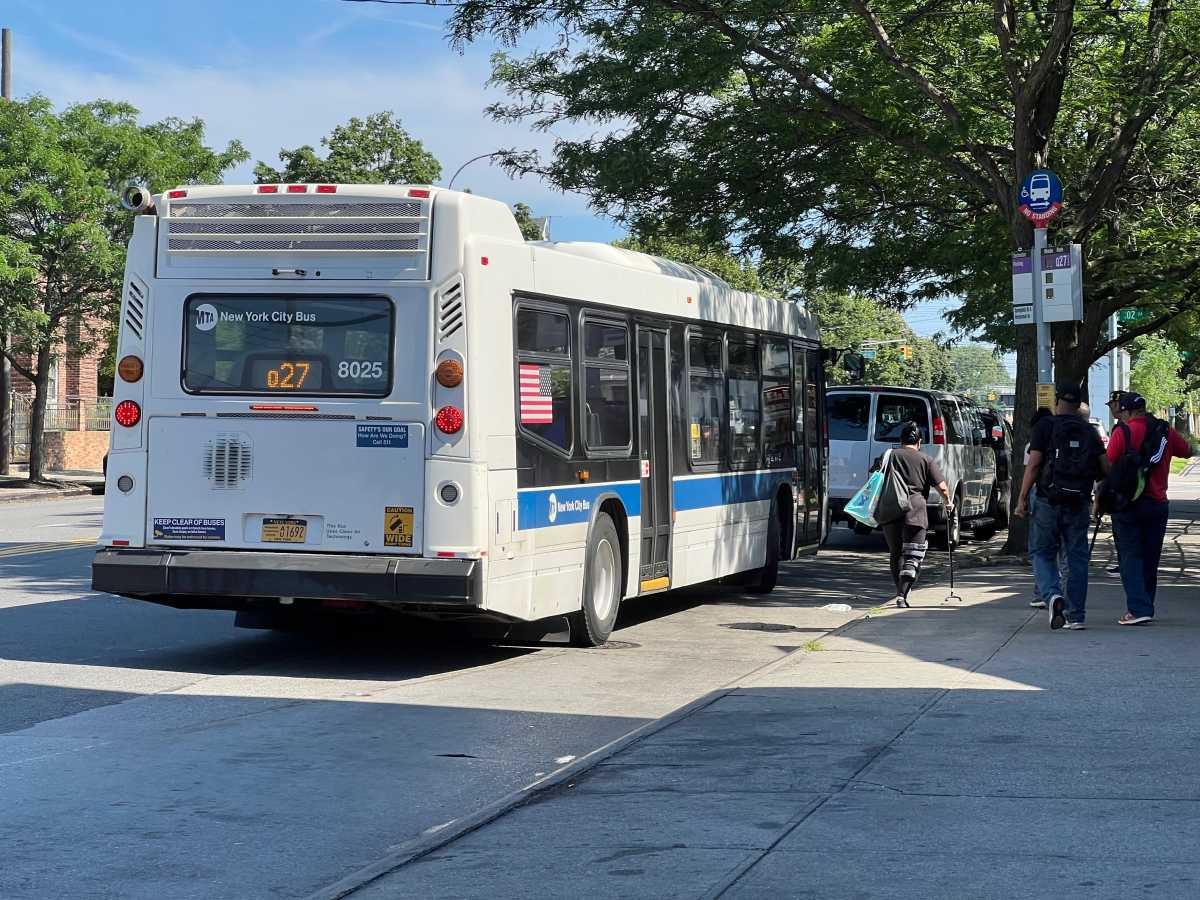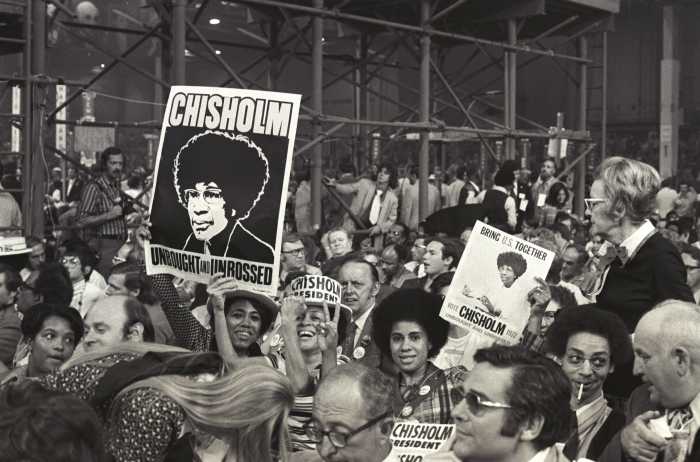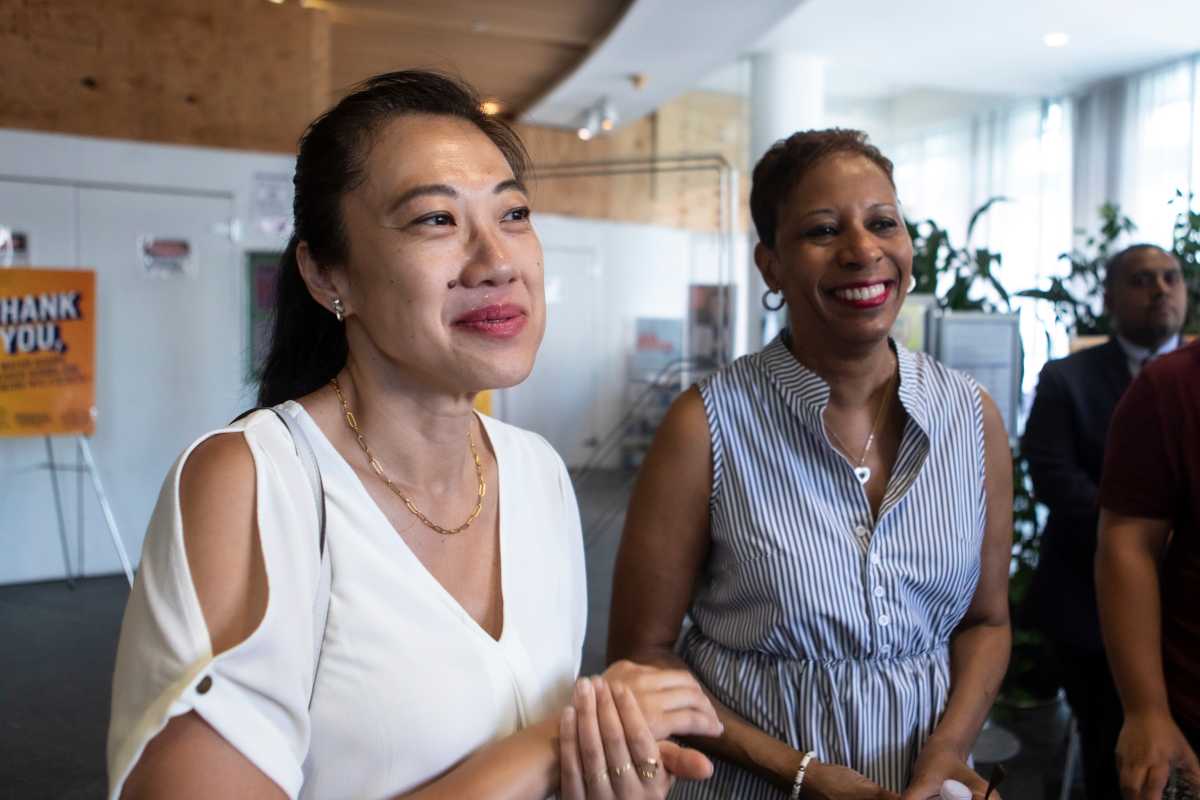City Council Speaker Christine Quinn began this year as the prohibitive frontrunner in the Democratic mayoral race.
Now, Public Advocate Bill de Blasio goes into the general election without needing to first dispatch his runner-up.
Quinn finished up on primary night with just 15.5 percent of the vote, having lost her own Village/Chelsea/Hell’s Kitchen Council district, winning the votes of just 16 percent of women voters, and finding herself bested by de Blasio among gay, lesbian and bisexual voters by 47 percent to 34 percent.
In primary night comments to Gay City News, Chelsea Now’s sister paper, Assemblymember Deborah Glick and Rachel Lavine, the Village’s Democratic State Committee member, suggested that homophobia and misogyny were at play. Women and LGBT voters, they argued, were inattentive to the importance of having one of their own at the head of the table.
Meanwhile, a New York Times poll highlighted reactions to Quinn from some voters that included derogatory terms often aimed at women in power — including “petty,” “mean,” “bossy” and “argumentative.” And surrogates for de Blasio, they said, most prominently the candidate’s wife, Chirlane McCray, were all too happy to play on those attitudes.
McCray’s comments about Quinn, in which she suggested the speaker does not understand challenges facing ordinary women in New York, such as “care of children at a young age,” have been hotly debated — in no small measure because the Times’s Maureen Dowd initially misquoted the exchange, stripping it of its full context. McCray’s statement, in Dowd’s corrected version, is less inflammatory than as originally rendered, though it does nevertheless manage to paint Quinn as something of the Other. Ironically, McCray herself previously identified as lesbian.
These points, however, obscure far more salient lessons from the collapse of Quinn’s campaign. The most significant is that her close ties to Mayor Bloomberg — and particularly her role in allowing him to seek a third term — proved fatal among Democratic primary voters. On this point, the speaker undoubtedly lulled herself into complacency, if not outright denial due to Bloomberg’s ability to win in 2009 despite the outcry over the term-limits extension, and to his remarkably high approval ratings after 11 years in office.
There were warning signs, however. Though he spent more than $100 million in that campaign, the mayor beat then-Comptroller Bill Thompson, who waged a lackluster campaign, by less than 5 percent. Quinn herself, facing a primary challenge that year from two opponents fueled in large measure by the term-limits flap, barely eked out a majority.
The escalating controversy over the New York Police Department’s controversial stop-and-frisk policy — which has greatly aggravated tensions between the mayor and progressive Democrats — added to Quinn’s Bloomberg problem. Since the spring of 2012, at least, she has often stood with critics of stop-and-frisk. Yet, Quinn insisted she would be happy to keep on Police Commissioner Ray Kelly.
The mixed message on police-community relations speaks to a broader problem the Quinn campaign had in communicating its message and her record. de Blasio repeatedly hammered her on her delay in embracing paid sick leave legislation, largely affecting lower-wage employees, and in watering it down when doing so.
Similarly, in all likelihood, Quinn lost the gay vote because many believed that other, larger issues trumped the leadership she could be expected to deliver for the community.
Ultimately, the die may have been cast when Quinn OK’d the Council’s extension of term limits in 2008 — that Democratic voters inevitably settled on a candidate they trusted to provide a clear departure from the Bloomberg years.
A version of this editorial first appeared in our sister publication, Gay City News.



